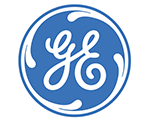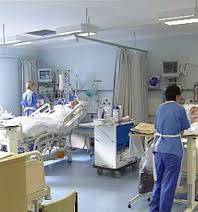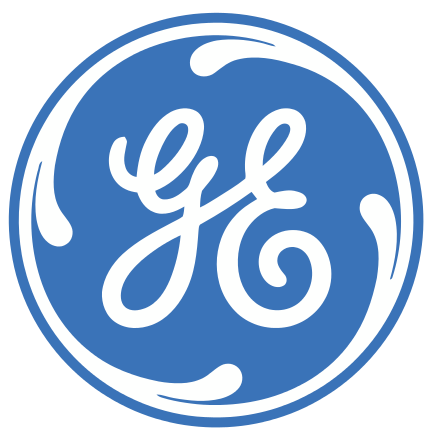Crowdsourcing Quests for Better Hospitals and More Efficient Flying
Published Jan-18-14Breakthrough:
GE’s search for new and improved algorithms to improve the efficiency of hospitals and air travel.
Company:
General Electric (GE), United States
The Story:
 Instead of hiring a crack team of researchers to improve upon or develop new algorithms, some companies are turning to the crowd and setting up prize-based competitions instead. One of the most famous of these was the Netflix Prize. The contest awarded $1 million to a team that bested the online movie subscription service's own algorithm of predicting user ratings for films.
Instead of hiring a crack team of researchers to improve upon or develop new algorithms, some companies are turning to the crowd and setting up prize-based competitions instead. One of the most famous of these was the Netflix Prize. The contest awarded $1 million to a team that bested the online movie subscription service's own algorithm of predicting user ratings for films. Since the prize was awarded in 2009 other companies have followed suit with their own algorithm contests. One of those is General Electric (GE) a company that has long embraced open innovation.
Quests Launched
In 2012, the American multinational launched two ‘Industrial Internet Quests’ – The Flight Quest and the Hospital Quest – designed to create new algorithms to reduce air travel delays and increase efficiency for hospitals.
The contest formed part of a much bigger aim to create a community of thinkers and develop expertise in the Industrial Internet. This is a term coined by GE to describe the integration of complex physical machinery with networked sensors and software.
“New tools alone are not enough to solve our big data challenges, said Bill Ruh, VP of GE’s Software and Analytics Center. “The Quests will give developers and data scientists access to the information needed to spark new ideas, perspectives, analytic approaches, and find ways of working across diverse industries.”
The global contest spanned several months and was open to developers and data analysts. Many responded to the call. Solvers from 58 countries submitted more than 3,000 ideas.
Flight Quest
To create and develop their algorithms participants were supplied with a two-month set of flight data from the US National Airspace System. The stats, facts and figures included origin, destination, flight number data and weather and wind information.
The challenge was to build a model to increase flight efficiency and better predict the time of arrivals at run-ways. Alaska Airlines, a partner in the quest estimates that during any given flight, travel time, fuel use and flying path are 18 to 22 percent inefficient.
Hospital Quest
GE and Ochsner Health System had two aims in mind. The first was to improve the overall hospital experience for patients and their families. The second was to make good-sized cuts to the estimated $750 billion to $1.2 trillion that goes to waste every year in the US healthcare industry.
Winners
For the Flight Quest the winners were the most accurate predictive models compared to the industry benchmark as determined by a live leader board. The Hospital Quest winners were selected by a panel of five judges from GE, Ochsner Health System and Kaggle. Their algorithms demonstrated the potential for cutting stress, anxieties and costs and improving the hospital experience overall. Among the winning algorithms were:
• Helping patients find the best post-acute care available
• Reforming the transport request process in hospitals
• Making patients feel at home and in control of their stay
There were 14 winners across both quests and they shared a prize pool of $600,000.
The Next Step
Following the success of the two quests, further quests are taking place.
Next Story »


